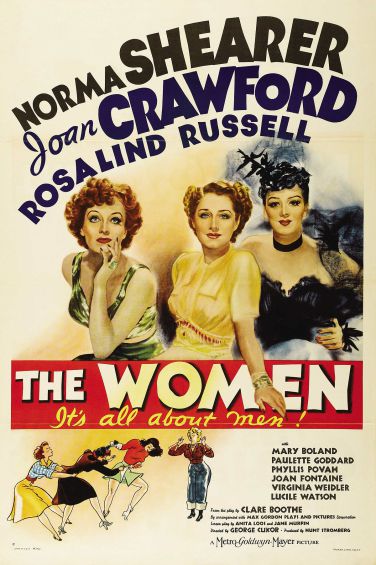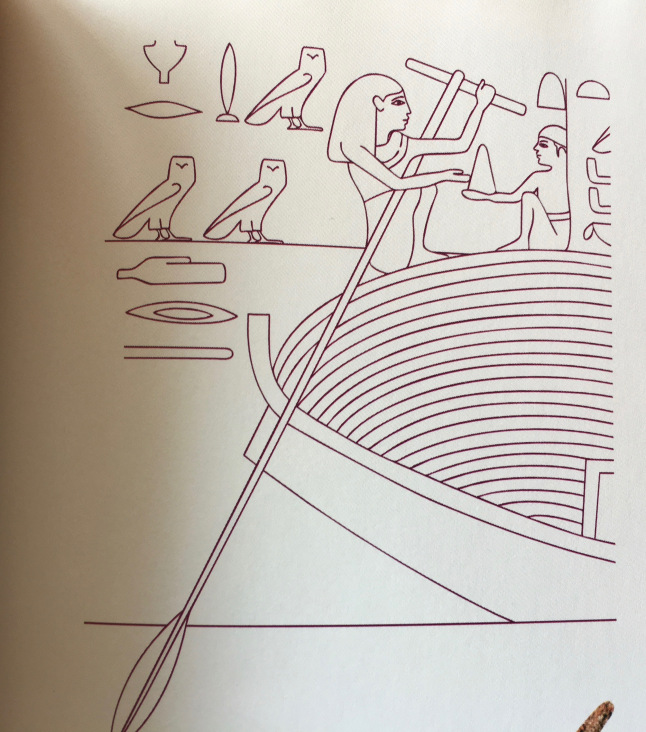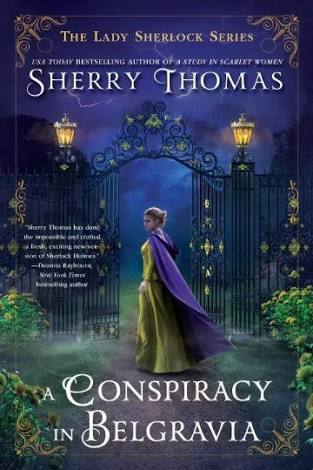

This classic Hollywood film is considered a groundbreaker as it features an all-female cast with no man in sight.
During a day of getting her nails done, Sylvia Fowler has learned from the manicurist that Stephen Haines, a well-respected businessman, has been cheating on his wife Mary with a perfume counter worker named Crystal Allen. Sylvia just happens to be friends with Mary, who learns that Stephen had to cancel their vacation due to “working late”. However, when Mary goes to the manicurist, she learns the horrifying truth and decides to divorce Stephen.
Deciding to re-evaluate her life, Mary sends her daughter to live with Stephen, who now has taken up house with Crystal, who has nothing but disrespect towards her. Meanwhile, Mary has arrived to Lucy’s dude ranch, where she has learned that Sylvia has also been the victim of infidelity with her husband having an affair with bombshell Miriam, who Mary had met on a train to the dude ranch along with the Countess LaFave. Soon enough, Crystal finds herself having an affair with Buck, who just happens to be the Countess’ latest husband. Will these women find themselves constantly in a rut, or will they become stronger as a result of their problems?
This Hollywood classic, based on a stage play by Clare Boothe Luce, truly breaks the mold. In the age of classic Hollywood, where there would be a leading man as well as a leading lady, this film has not one single man in the cast. Yes, there are male characters in the film. However, they are all just verbal characters and we never get to see them. As the title indicates, this film is truly about “the women”.
What is more the interesting is that many of the cast members have a chance to show different aspects of people. Norma Shearer’s Mary Haines is the young housewife who learns of her husband’s infidelity, only to go from being disgraced to being empowered. Joan Crawford’s Crystal Allen is the vixen who is having an affair with Mary’s husband only to marry him but at the same time is having another affair all because of one little thing: money. Rosalind Russell’s Sylvia Fowler is the city gossip who perhaps gets a taste of karma when she learns she is just like Mary and must learn to re-evaluate her life as well, perhaps to stop being such a loudmouth.
It is at Lucy’s dude ranch where Mary finally feels her first sense of empowerment, realizing that while she may still love Stephen, she feels she may not completely need him where as Crystal does in fact need a man to satisfy her financial needs. She is the typical gold-digger and gets a taste of karma when a big revelation is brought to her attention. There is some good support from the likes of Lucile Watson’s Mrs. Morehead, who constantly attempts for Mary to somehow stick with Stephen for the sake of their daughter; as well as Virginia Weidler as Little Mary, Mary and Stephen’s daughter who turns out to be as strong-willed as her mother when it comes to dealing with Crystal.
The film was remade in 1956 as The Opposite Sex, which did in fact feature the male characters in visual form before being given a German-made modern-day remake in 1977 followed by an updated version in 2008, which both followed the formula of this original classic.
The Women is truly an original classic not just known for its all-female cast, but perhaps one of the first films to bring female empowerment in its characters, notably which is seen in central character Mary. Some great performances from the cast, especially a line from Joan Crawford about “kennels” truly make this a Hollywood gem that must be seen for all cinephiles.
WFG RATING: A
A Metro-Goldwyn-Mayer Production. Director: George Cukor. Producer: Hunt Stromberg. Writers: Anita Loos and Jane Murfin; based on the stage play by Clare Boothe Luce. Cinematography: Oliver T. Marsh and Joseph Ruttenberg. Editing: Robert J. Kern.
Cast: Norma Shearer, Joan Crawford, Rosalind Russell, Mary Boland, Paulette Goddard, Phyllis Povah, Joan Fontaine, Virginia Weidler, Lucile Watson, Marjorie Main.
Advertisements Share this:




